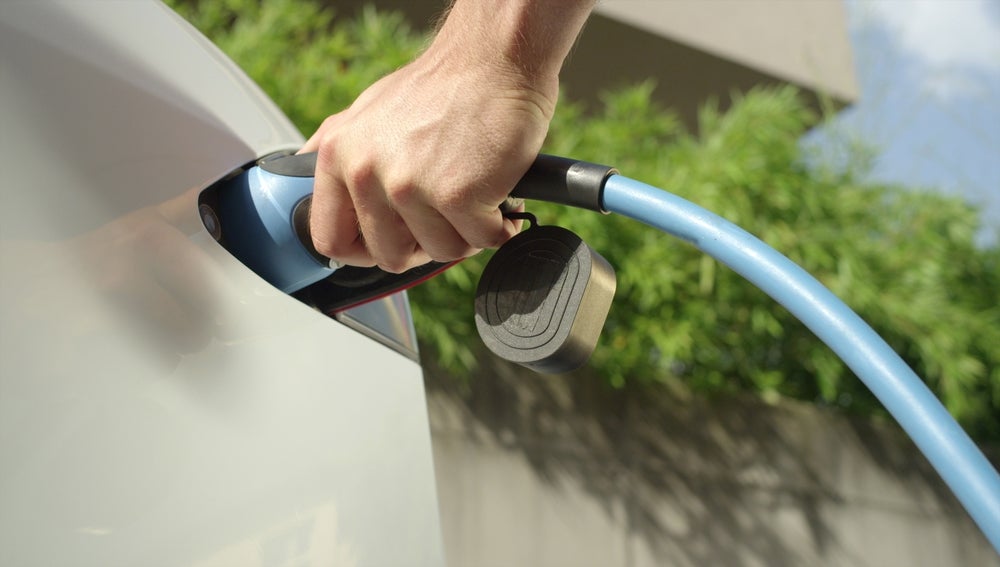
UK car and commercial vehicle production increased by 17.1% in March to 79,018 units, as reported by the Society of Motor Manufacturers and Traders (SMMT).
The rise was driven by export demand, with car manufacturing growing for the first time in 12 months.
However, the first quarter still saw an overall decline in production.
Car manufacturing was boosted by a 30.6% increase in export demand, with 73.3% of output shipped overseas. Despite this, production for the UK market fell by 6.1%.
Electrified vehicle production saw a rise of 38.5%, accounting for 45% of total UK car output.
The trade body said the proposed revisions to the ZEV Mandate have been positively received by manufacturers, highlighting government recognition of industry challenges, particularly the lack of robust consumer demand for EVs.

US Tariffs are shifting - will you react or anticipate?
Don’t let policy changes catch you off guard. Stay proactive with real-time data and expert analysis.
By GlobalDataExtensions to grants for plug-in vans and trucks are deemed crucial for market growth in line with mandate ambitions.
The EU was the largest destination for UK car exports, accounting for 57.2% of shipments.
The US remained the second-largest market at 15.0%, followed by China (8.5%), Turkey (2.7%), and Japan (2.6%).
Exports to these markets reported notable increases in China (86.0%) and Turkey (272.1%).
Commercial vehicle production rose by 8.2% to 8,700 units, driven by a 77.9% increase in domestic demand.
However, exports fell by 31.8%, with the EU accounting for 94.2% of CV exports.
Overall, Q1 2025 saw a 3.2% decline in car production, with CV output down 27.1% and exports down by 50.3%.
Manufacturers face uncertainty heading into Q2 due to potential weakening US demand and new tariffs, stated SMMT.
SMMT chief executive Mike Hawes said: “A March uplift to manufacturing is overdue good news, although the performance was boosted by a comparatively weaker month last year, when holiday timings and product changeovers combined to reduce output. With the last quarter showing demand for British-built cars rising overseas, navigating the new era of trade uncertainty is now the major challenge.
“Government has rightly recognised automotive manufacturing’s critical role in Britain’s export economy and must now show urgency and creativity to deliver a deal that supports our competitiveness, spurs domestic demand for the latest cleanest vehicles, and helps factory lines flourish.”






